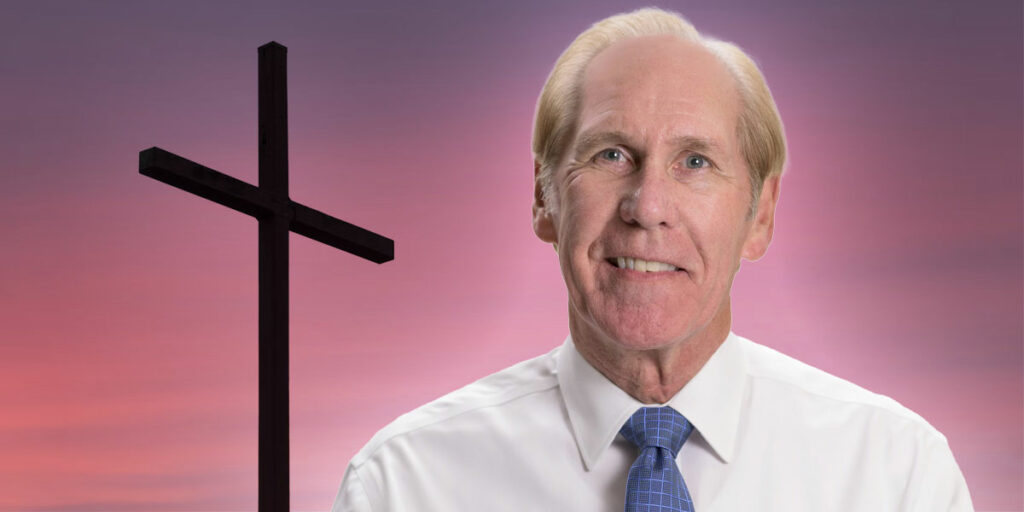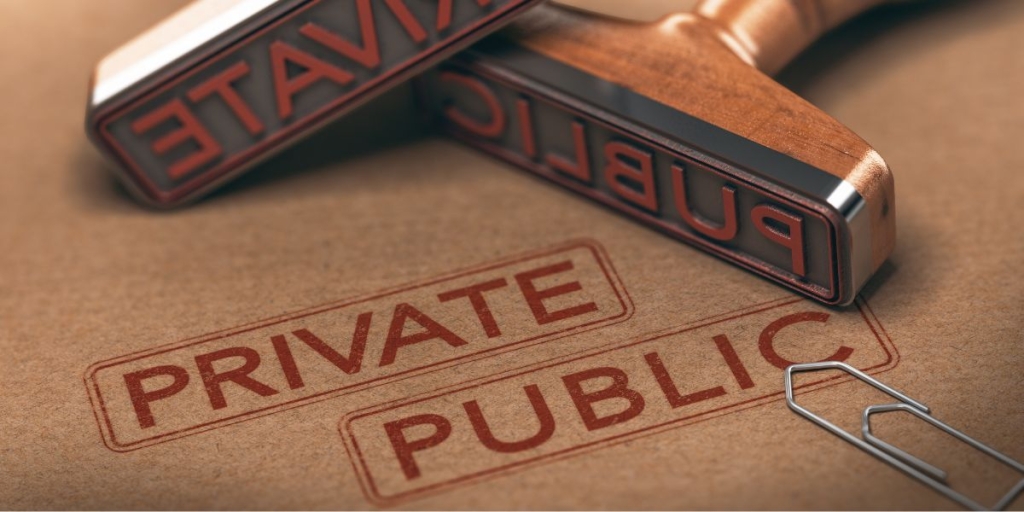Economic freedom means the ability of individuals and businesses to contract freely with each other. The Fraser Institute recently released its 2018 Economic Freedom of North America, which rates freedom in the states. Alabama’s economic freedom score remained virtually unchanged from 2017, ranking us 25th among the states.
The state freedom rankings have three equally weighted components, government spending, taxes, and labor market freedom, and complement Fraser’s ratings of the freedom of nations. The scores range from 0 to 10 (the most freedom), and states are graded on a curve for each of the various elements of policy.
Alabama’s score now stands at 6.22, vs. 6.25 in 2017. Florida has the top score in 2018 at 7.87, followed by New Hampshire and Texas; New York brought up the rear (at 3.90), with Kentucky and West Virginia next.
Alabama does best on taxes, thanks to our low income and property taxes, while we trail the national averages for spending and labor market regulation. This year, our score for labor market freedom improved, our spending score declined and taxes remained unchanged.
Economic freedom indices were developed in response to a challenge by economist Milton Friedman about better measuring all the ways government impacts the economy. They have allowed economists to more thoroughly investigate whether markets deliver the benefits promised by some economists. Dozens of studies now document that economic freedom yields higher standards of living, faster economic growth, higher incomes for the poor, and better environmental quality. The strongest results are found internationally, as freedom varies more between nations than across the U.S. states. Still, the states with the most economic freedom have more entrepreneurs and attract more new residents.
And yet in recent years cities and states have enacted or considered laws curtailing economic freedom. For example, three states and Washington, DC, now have $15 per hour minimum wages. Seattle nearly passed a $275 annual tax per employee on large employers, dubbed the Amazon tax. A November ballot proposal in California nearly lifted a 1995 state prohibition on municipal rent control laws. If economic freedom spurs prosperity so significantly, why are so many states embracing freedom-restricting policies?
A first factor, I think, is our now nearly decade-long recovery. People are more willing to share when they feel prosperous. We see this in charitable contributions, and I think it carries over to politics and, specifically, policies intended to help less fortunate Americans. Forcing Amazon and Starbucks to subsidize housing for low-income Seattle families seems like less of an imposition when the companies are earning profits.
Second, the costs of policies restricting economic freedom are often hard to see. Consider the minimum wage. Businesses employ fewer workers in low skilled jobs when the minimum wage rises. But the job losses rarely come in the form of pink slips immediately following an increase. Instead, businesses change their staffing as they typically do, through attrition. Workers never being hired can often go unnoticed.
Finally, the tendency of free-market economists like myself to exaggerate the costs of rent control or the minimum wage contributes. We often claim that ill-advised policies will wreck the economy. Economists have warned that President Trump’s tariffs on imports from China will likely trigger a “crippling” trade war.
Why economists resort to extremes makes sense. News organizations which use alarming headlines to get people to watch or click are more likely to report dire predictions. And perhaps sound bites can only communicate extreme warnings. But dire predictions combined with largely hidden costs make the economy appear impervious to price controls, taxes, and subsidies.
So perhaps it is good news that economic freedom remained basically unchanged in Alabama in 2018. We are largely resisting the temptation to indulge in well-meaning but costly government assistance during a strong economy. When the next recession inevitably occurs, times will be tougher for states not exercising restraint now.
Daniel Sutter is the Charles G. Koch Professor of Economics with the Manuel H. Johnson Center for Political Economy at Troy University.













